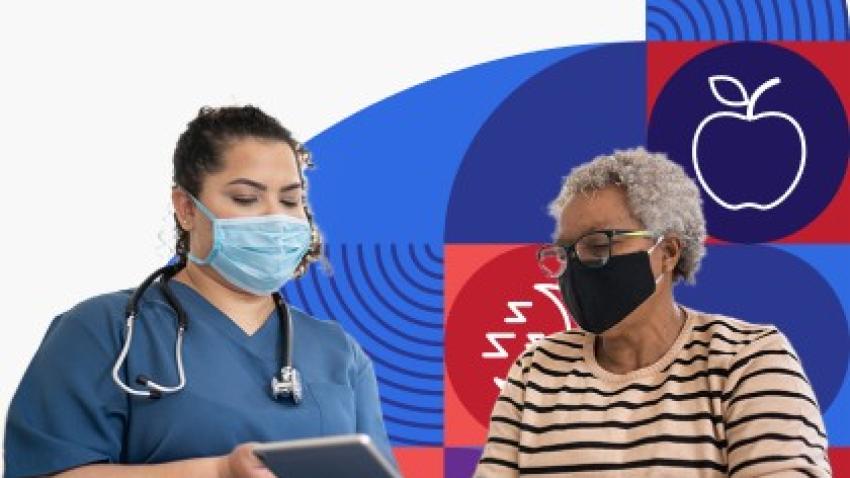Doctor Visits
Lung Cancer Screening: Questions for the Doctor

More people in the United States die from lung cancer than any other type of cancer. Most people who develop lung cancer (more than 9 in 10) get it from smoking. If you currently smoke, the best way to lower your risk of developing lung cancer is to quit.
Ask your doctor about getting screened (tested) for lung cancer if all of these apply to you:
- You're age 50 to 80 years
- You smoke now or you quit within the last 15 years
- You have a history of heavy smoking — specifically, you smoked an average of 1 pack of cigarettes a day for 20 years or 2 packs a day for 10 years
Your doctor may suggest that you get screened once a year with LDCT (low-dose helical computed tomography). LDCT takes detailed pictures of your lungs, which can help find lung cancer early — when it may be easier to treat.
What about cost?
Under the Affordable Care Act, insurance plans must cover lung cancer screening for adults ages 50 to 80 years who are at high risk for lung cancer. That means you may be able to get screened at no cost to you. Talk to your insurance company to find out more.
What do I ask the doctor?
When you visit the doctor, it helps to have questions ready ahead of time. You can also ask a family member or friend to go with you to take notes.
Consider taking this list of questions to your next appointment.
- Am I at risk for lung cancer?
- Do you recommend that I get screened for lung cancer? Why or why not?
- If you recommend this screening for me, how often do I need to get it?
- What will happen when I get screened for lung cancer? How do I prepare?
- Does the screening have any risks or side effects?
- How long will it take to get the results?
- If the results show that I may have cancer, will I need more tests to be sure?
- Can you suggest ways to help me quit smoking?
- What else can I do to lower my risk of lung cancer?
Content last updated May 26, 2023
Reviewer Information
This information on lung cancer screening was adapted from materials from the National Cancer Institute and the U.S. Preventive Services Task Force.
Reviewed by:
Rebecca Chasan, Ph.D.
Chief, Science Writing and Review Branch
Office of Communications and Public Liaison
National Cancer Institute
National Institutes of Health


